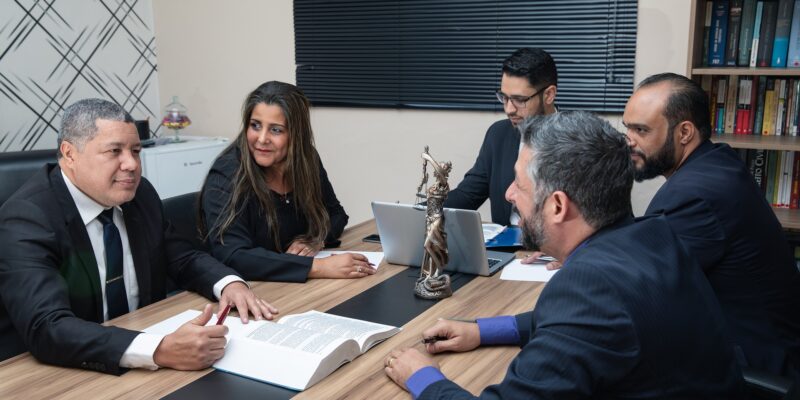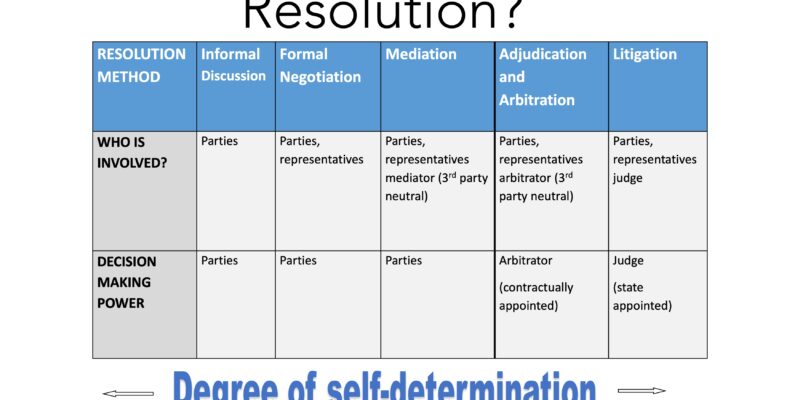Opening Statements in Mediation: what world are we making?
“The world is made, not found.” (W Barnet Pearce) I had been a mediator for about 10 years before I heard parties’ initial words described as their “opening statement.” This may surprise some readers, though probably not if they began, like me, in family mediation, nor community or workplace. Other descriptions are available, as our…



